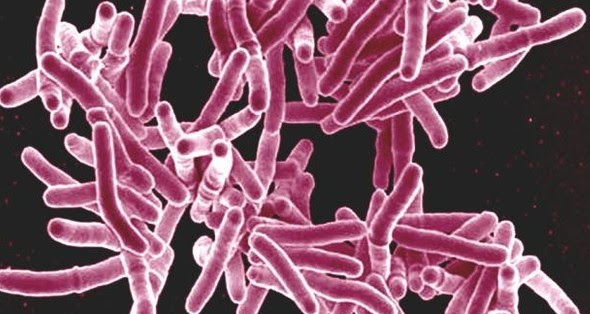Washington (ISJ): Results from an international, randomized, controlled clinical trial indicate that a four-month daily treatment regimen containing high-dose, or “optimized,” rifapentine with moxifloxacin is as safe and effective as the existing standard six-month daily regimen at curing drug-susceptible tuberculosis (TB) disease.
This regimen is the first successful short-course treatment regimen for drug-susceptible TB disease in almost 40 years.
The Phase 3, open-label trial, was led by the U.S. Centers for Disease Control and Prevention’s (CDC) Tuberculosis Trials Consortium (TBTC) with collaboration from the AIDS Clinical Trials Group (ACTG).
It is the largest drug-susceptible TB disease treatment trial that CDC or NIAID has ever conducted, with more than 2,500 participants ages 12 and older enrolled at 34 clinical sites in 13 countries. The trial included 214 people with HIV. The results of the trial were presented on Wednesday (21 October) at the virtual Union World Conference on Lung Health.
Shorter TB disease treatment regimens can help patients more easily complete treatment for TB disease than they would on the existing standard regimen. This is especially important in the era of COVID-19, which has caused widespread disruptions to care and treatment access for many people with TB disease.
The availability of shorter regimens enables patients to be cured faster, and has the potential to reduce treatment costs, improve patient quality of life, increase completion of therapy, and reduce development of drug resistance.
“These robust findings have the potential to change clinical practice by offering people with drug-susceptible TB an additional, shorter-course treatment option that is safe, effective and potentially more convenient,” said Carl W. Dieffenbach, Director of the NIAID Division of AIDS.
The safety profile for this trial demonstrates that the proportion of patients who experienced adverse events was similar among patients in all three groups of participants (control and the two novel regimen groups). This means that the novel regimens do not pose greater risk to patients than currently used regimens.
TB is one of the most important global health problems. According to recent estimates from the World Health Organization, 10 million new TB cases and 1.4 million deaths from TB occurred globally in 2019.
India accounts for 26 percent of TB cases in the world, but TB notifications during the period January-June 2020 fell by 25 percent compared to the same period in 2019.


